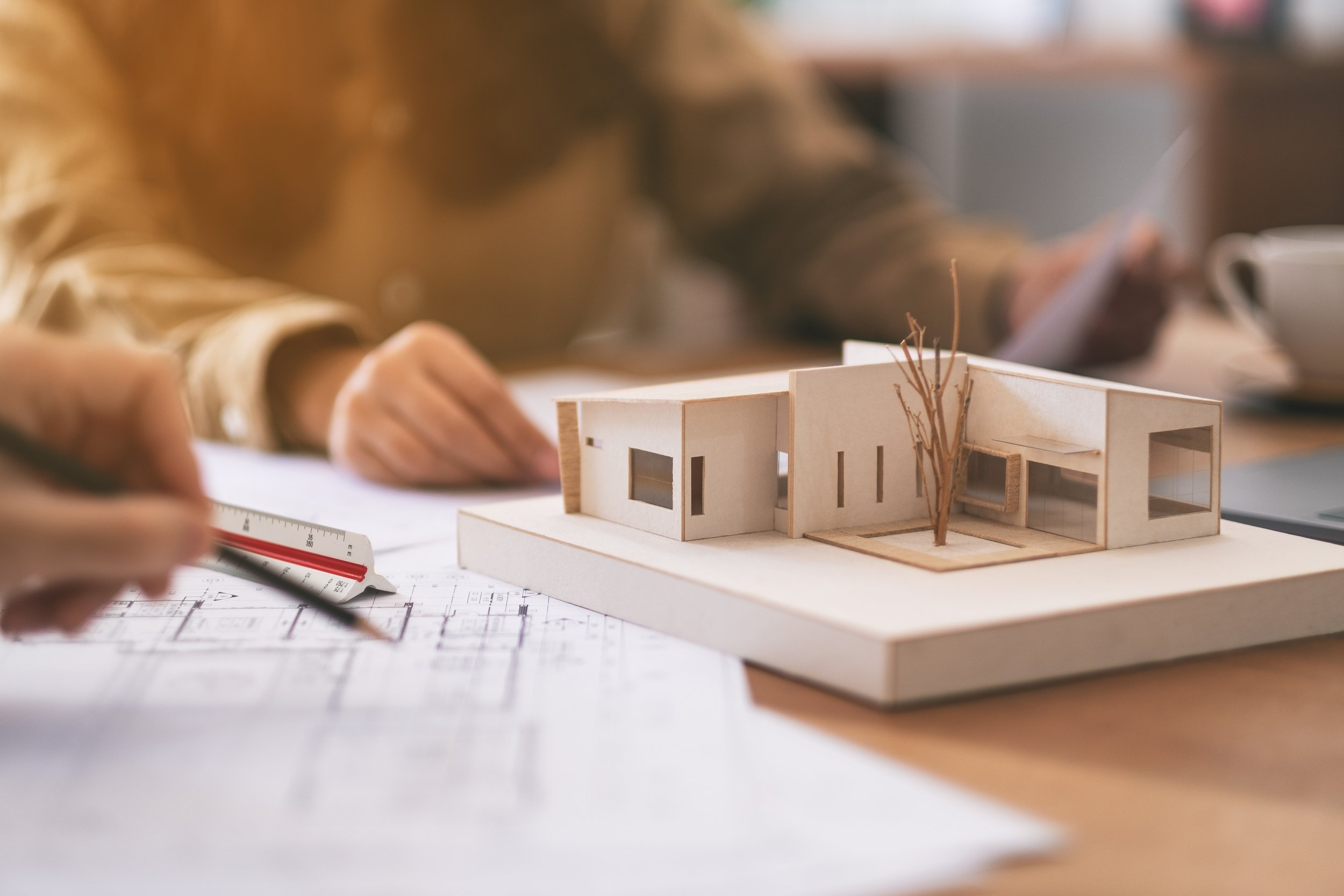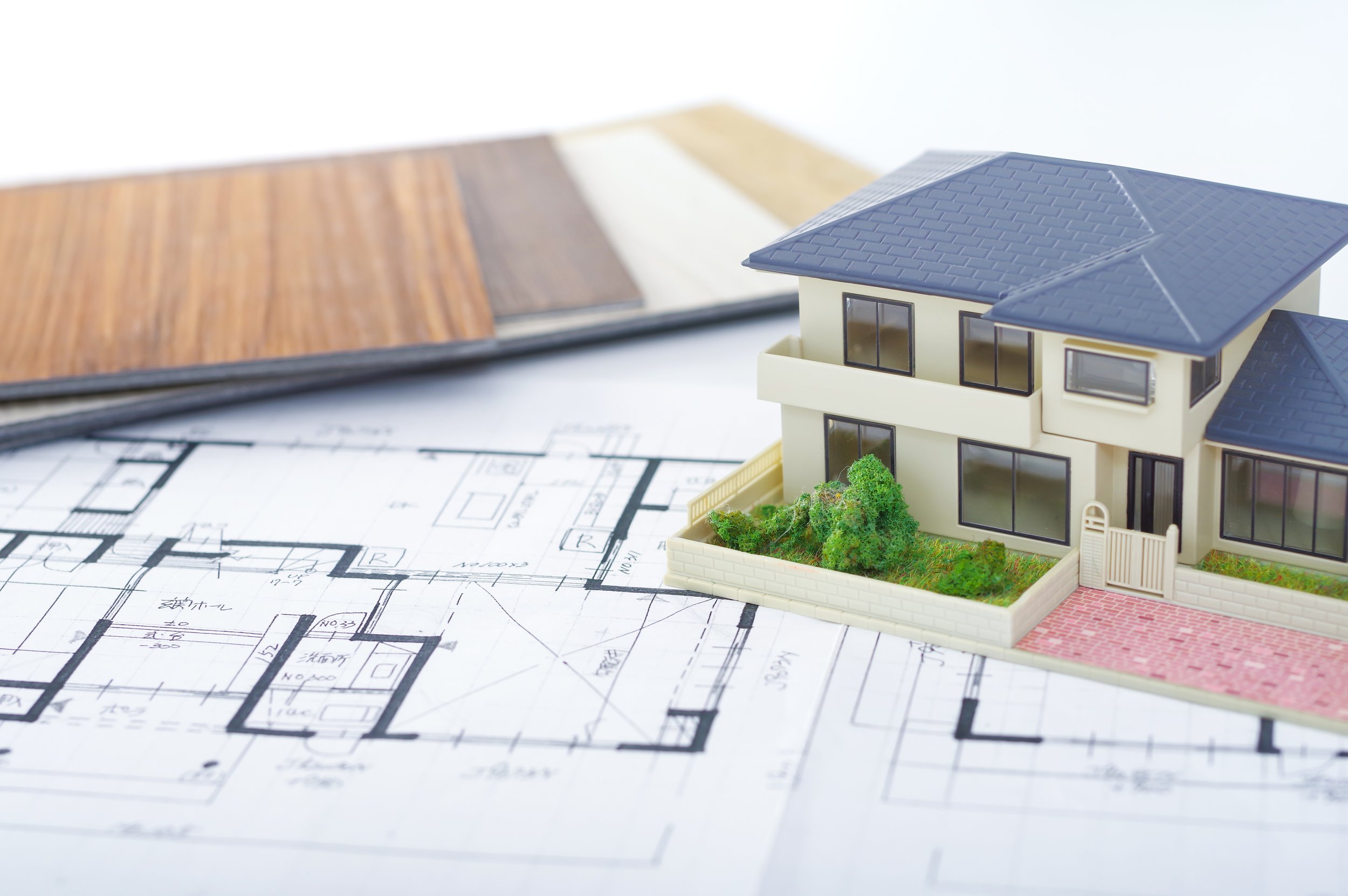Tips for Buying a Home With Expansion Potential
Buying a home with expansion potential is a smart way to invest in a property that can grow with your needs. Whether you plan to add square footage, build an accessory dwelling unit, or reconfigure the layout in the future, choosing the right home now can save time and money later. Here are key tips to help you identify properties that offer room to expand and value to unlock.
What Does Expansion Potential Mean for a Home?
Expansion potential for a home refers to the property’s ability to be enlarged or improved through additions or renovations. This means the home’s lot has enough space, suitable layout, or zoning allowances that make it possible to add extra rooms, build a second story, convert existing spaces like basements or garages, or create accessory dwelling units (ADUs), junior accessory dwelling units (JADUs). Expansion potential gives homeowners flexibility to adapt the property to changing needs, increase living space, and potentially boost the home’s value immediately or over time.
Common Types of Home Expansions
Common types of home expansions may include:
Room Addition: Building new rooms onto the existing structure, such as adding a bedroom, family room, or sunroom to increase living space.
Second-Story Addition: Adding an entire new floor above the existing home to double the square footage without increasing the home's footprint.
Garage Conversion: Transforming a garage into a living area like an ADU, bedroom, office, or rental unit, often a cost-effective way to add space.
Basement Finishing: Completing an unfinished basement to create usable rooms such as a recreation area, guest suite, or home gym.
Accessory Dwelling Unit (ADU and JADUs): Constructing a separate small living unit on the property, either attached or detached, for guests, rental income, or multigenerational living.
Bump-Out: Extending a small section of the home’s exterior wall outward to create extra interior space without a full addition, often used for kitchens or dining areas.
What to Consider When Looking to Buy a Home With Expansion Potential
When looking to buy a home with expansion potential, consider several important factors to ensure your future plans are feasible and cost-effective. First, check the lot size and property boundaries to confirm there is enough space for additions or new structures. Review local zoning laws and building codes to understand what types of expansions are allowed and any restrictions that may apply. Evaluate the home’s existing layout and structural condition to see if it can support your planned changes without extensive remodeling. Consider the location and neighborhood trends, as some areas may have higher demand or better resale value for expanded homes.
It’s also wise to consult with a contractor or architect early to get professional insight on the feasibility and estimated costs of your expansion ideas. Lastly, factor in the potential impact on property taxes and financing options to make sure the investment aligns with your budget and long-term goals.
Why Look for a Home With Expansion Potential?
Looking for a home with expansion potential offers flexibility and long-term value. It allows you to adapt the property as your needs change, whether that means adding bedrooms for a growing family, creating a home office, or building rental space for extra income. Homes with expansion options can also increase in market value over time, making them a smart investment. Additionally, buying a home that can be expanded often costs less upfront than a larger move-in-ready property, giving you the chance to customize and improve the space gradually according to your budget and preferences.
Perhaps most importantly, square footage added through thoughtful renovation or expansion often adds significant value on a price-per-square-foot basis. Since the land cost is already fixed, every additional square foot you build can significantly improve your property’s value and overall return on investment, especially in high-demand markets like Southern California.
Should I Talk to a Contractor Before Buying a Home With Expansion Plans?
Yes, you should talk to a contractor before buying a home with expansion plans. Consulting a contractor early helps you understand the feasibility of your ideas, potential costs, and any structural or zoning challenges that might affect the project. A contractor can identify hidden issues that may not be obvious during a typical home inspection and offer realistic timelines for completion. Getting professional advice before purchasing ensures you make an informed decision, avoid costly surprises, and plan your budget more accurately.
How Do I Finance a Home Purchase & Future Expansion?
Financing a home purchase and future expansion can be managed through several options. One common approach is using a renovation loan, which combines the cost of buying the home and remodeling into a single mortgage. Another option is a construction loan, which provides funds specifically for building or major renovations and typically converts to a regular mortgage once the work is complete. Homeowners can also consider a home equity line of credit (HELOC) or a home equity loan if they already own a property with sufficient equity. It’s important to discuss your plans with lenders early to understand eligibility, interest rates, and repayment terms. Planning your financing in advance ensures you have the funds needed to buy the home and complete the expansion without financial stress.
How Buildable is Your Partner in Home Remodels & Home Builds
At Buildable, we simplify the complex process of land development in California. Our team helps clients avoid costly mistakes and streamline the building and remodeling process. Our mission is to guide our clients smoothly through their projects, helping to avoid common pitfalls while saving both time and money. From the outset, Buildable takes the lead, leveraging our network of reliable partners to ensure your project is not only completed within budget but also meets your timeline. From helping plan a significant remodel to the final inspection, Buildable is your one-stop shop for custom home builds. To learn more about how we can assist you and to discuss your specific project needs, schedule a consultation with us here.
Read More About:





